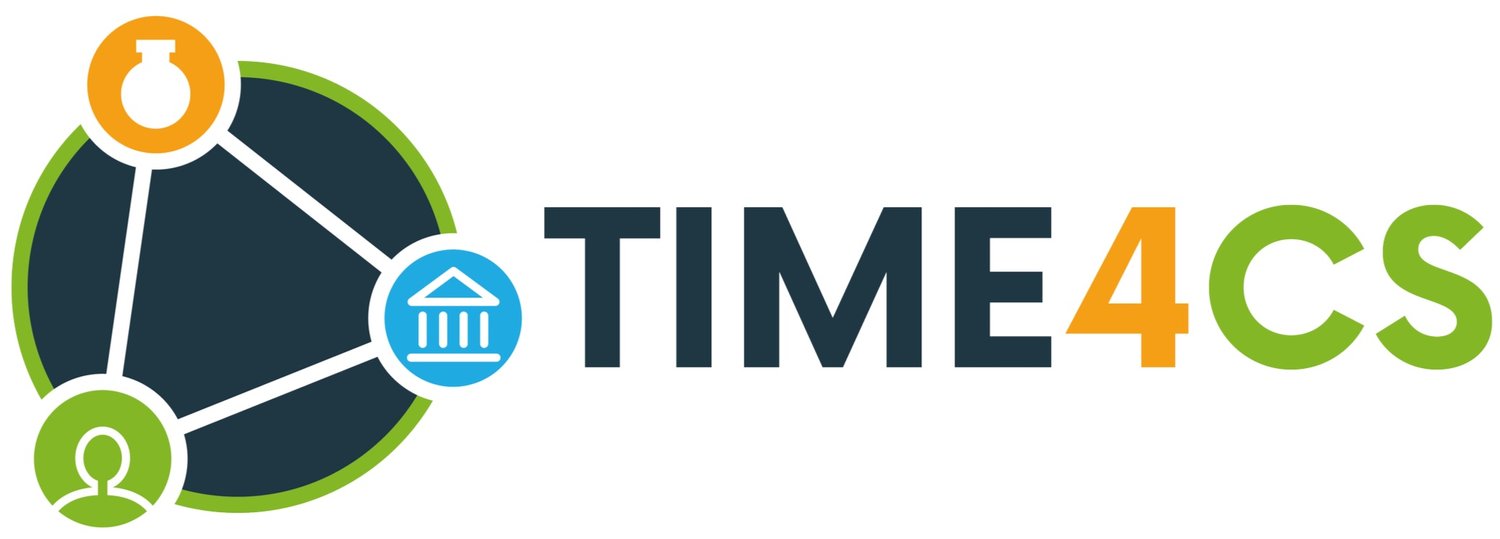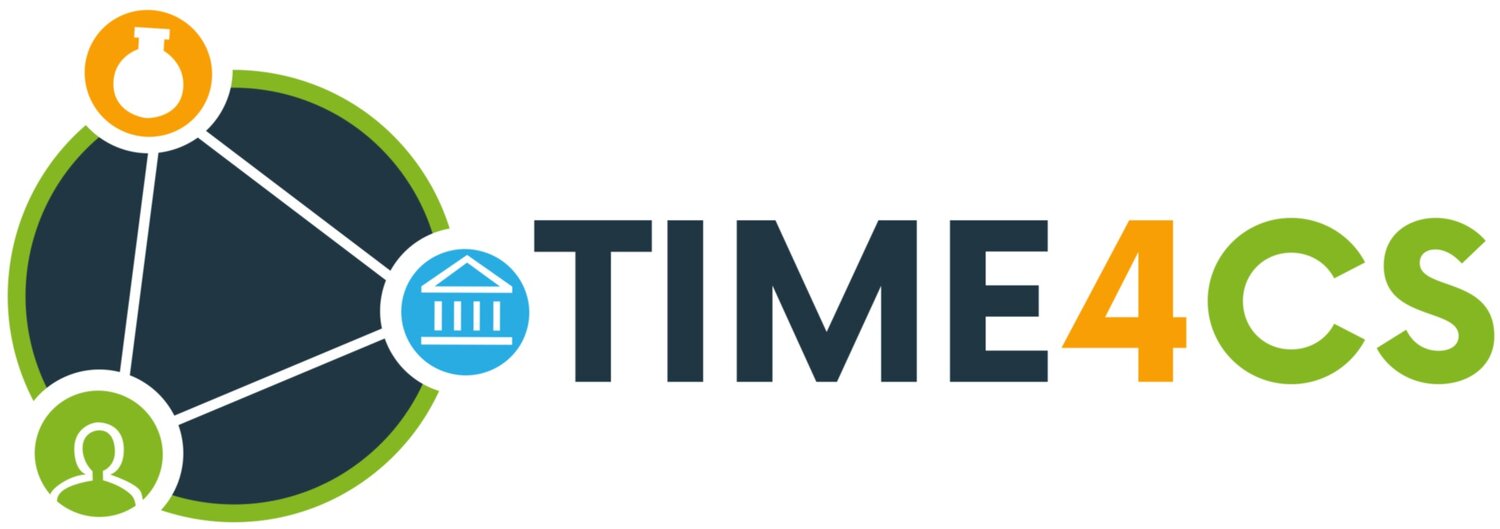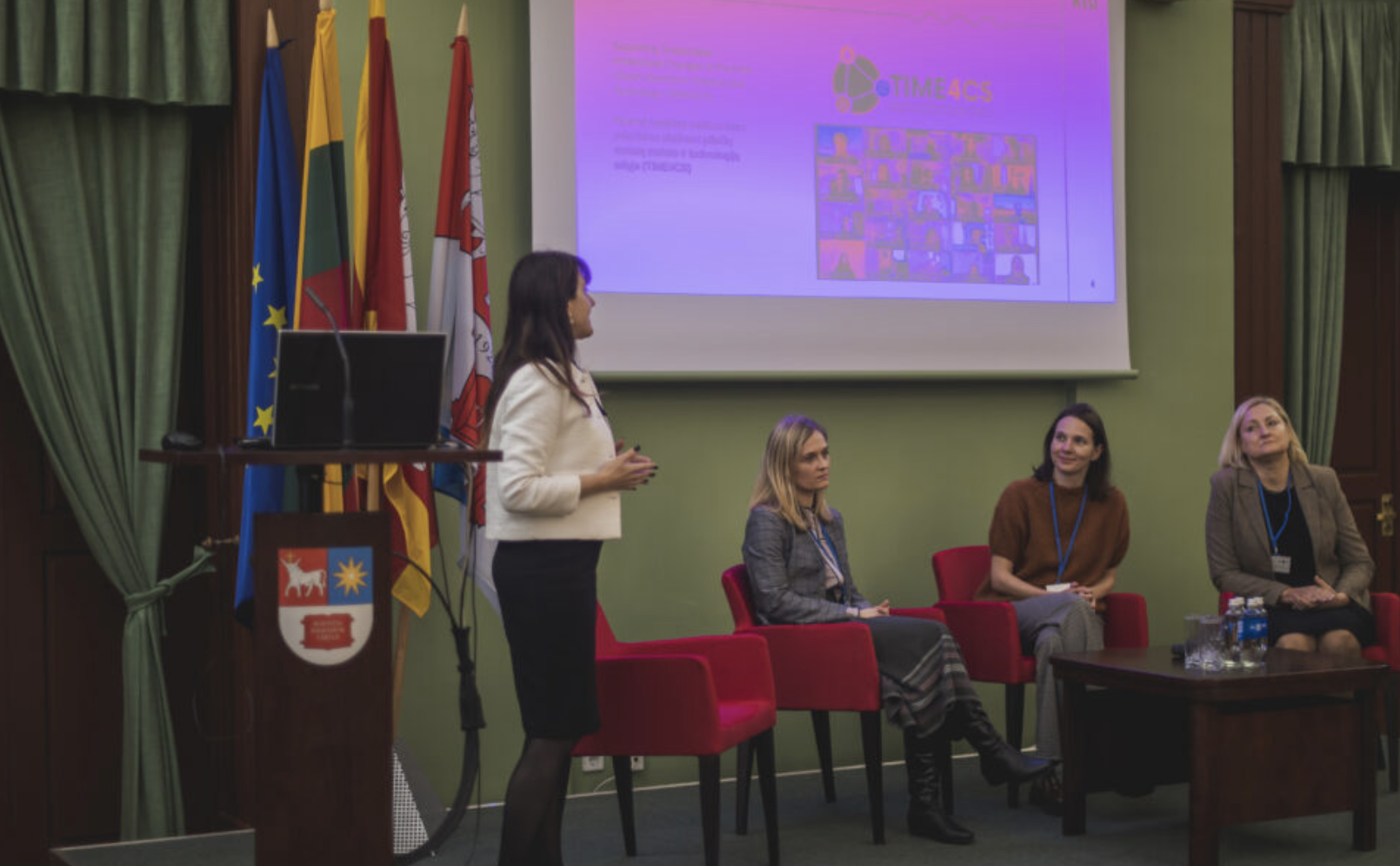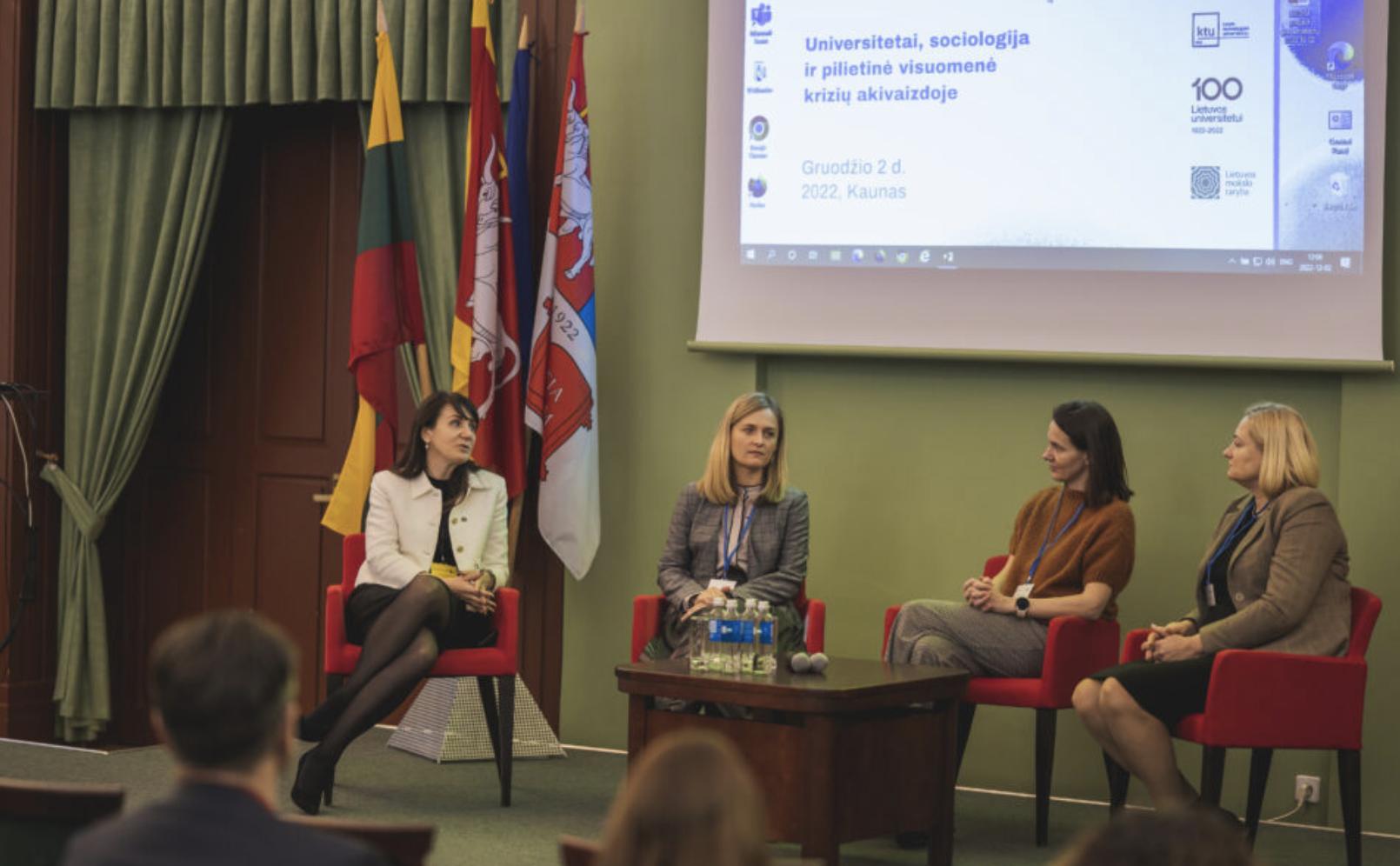Institutional changes towards citizen science: an Implementer's perspective – Kaunas University of Technology
Citizen science is still a novel practice in Lithuania, thus it is not very widely incorporated in the daily research activities at universities. Thus, all activities that increase the awareness of how and why implement citizen science projects are important in transforming the usual understanding of research process and opening science for society.
KTU took an important step towards raising awareness towards citizen science by initiating a conversation on this topic at the annual conference of Lithuanian Sociological Society, held on 2nd of December. The 14th Lithuanian Sociological Society conference “Universities, Sociology and Civil Society in the Face of Crises” was dedicated to celebrating the 100th anniversary of Kaunas University. This event invited researchers to discuss the past and future of sociology and its contribution to increasing the understanding about the role of university in society. Today universities are undergoing a lot of changes, and one of these changes is focused on democratization of science. The university is not an “ivory tower” any more, but is it open to society, welcoming co-creation, co-work, co-research with society? This and many other questions were core ones in the conference discussions.
KTU, under the project TIME4CS, organized a round table discussion on “Citizen science and institutional changes”. The panel brought together researchers representing several, also flagship, initiatives promoting Citizen Science in Lithuania: the H2020 project INCENTIVE "Establishing Citizen Science Hubs in European Research Performing and Funding Organisations to drive institutional change and ground Responsible Research and Innovation in society", the ERASMUS+ Partnership Programme project LibCOS “University libraries strengthening the academia-society connection through citizen science in the Baltics”, and the ERASMUS+ Partnership Programme project BRIDGE “Bridging Integrity in Higher Education, Business and Society”. The discussions in this panel spanned around the questions if and why do higher education institutions need Citizen Science projects; what are the benefits for institutions of engaging with society; what are the challenges for research institutions in initiating and implementing Citizen Science projects; and is the Lithuanian ecosystem open to Citizen Science projects? The discussions also covered data quality questions, trying to understand what are the data quality and research ethics challenges related to Citizen Science.
All conference participants who were interested in Citizen Science and collaboration between research institutions and the public were invited to participate in this discussion. The discussion revealed the interest of the audience to discuss Citizen Science and institutional changes that Lithuanian universities are undergoing while paying more attention to open science and engagement of lay people into science. Citizen Science is a novel practice, so not all researchers are open to include this methodology into their research agendas. However, the examples discussed at the round table might serve as an inspiration for researchers to consider the inclusion of citizens into science.
Everyone who is interested in introducing Citizen Science into their own organisations, can contact Time4CS team at time4cs@crowdhelix.com or time4cs@apre.it. KTU researchers would also be happy to share their experience. Please connect to egle.butkeviciene@ktu.lt .
Author: Egle Butkeviciene (KTU)




